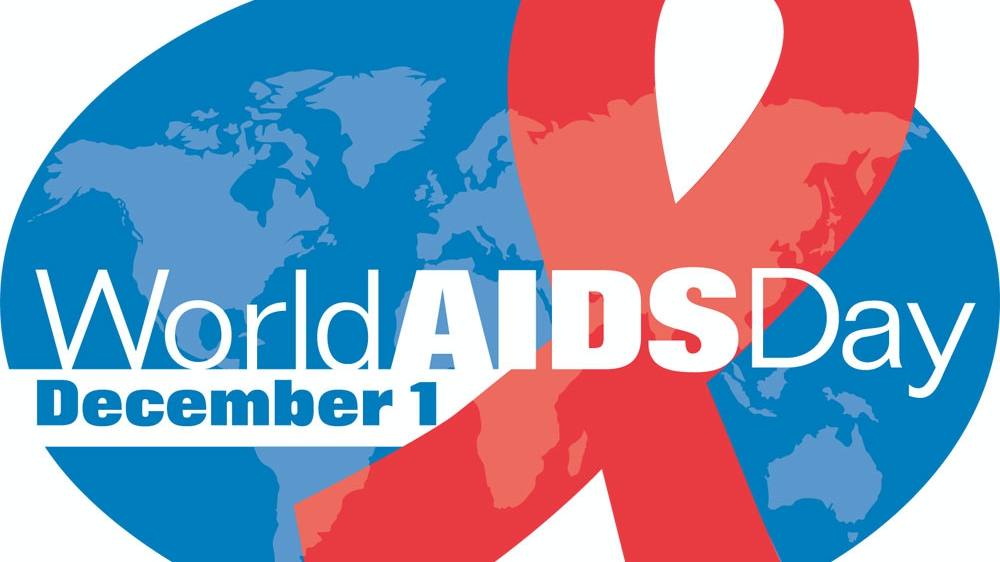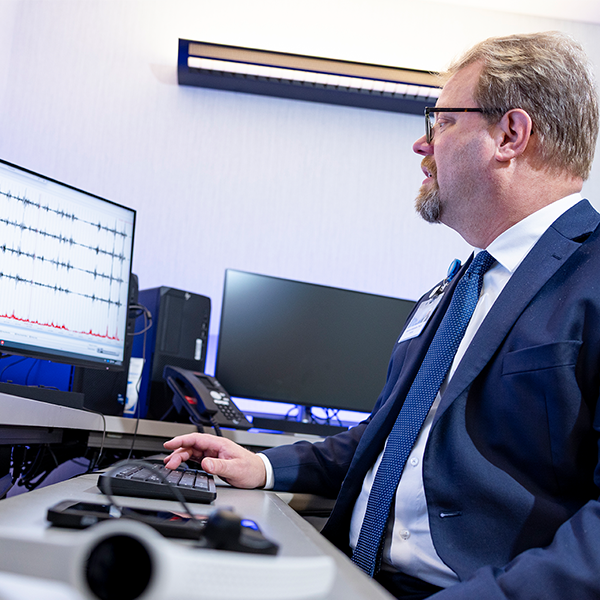-
World AIDS Day: Hope to end stigma, transmission and isolation

Dec. 1 is World AIDS Day — a day to bring awareness to HIV, and a renewed hope to end transmission and the isolation of living with HIV and AIDS.
Dr. Stacey Rizza, a Mayo Clinic infectious diseases specialist says, "If every person in the world who had HIV infection were diagnosed, linked to care, and on effective therapy so that their virus was suppressed, HIV would be gone in one generation."
HIV is the virus that causes AIDS.
Being diagnosed with HIV/AIDS has a different meaning than it did just two decades ago, says Dr. Rizza. "It’s a whole new world, and, for those of us who are a little older, and started treating HIV in the ‘90s and saw that world, it was tragic. We watched just wonderful, wonderful people, who were brave and fought their virus, but, unfortunately, we weren’t able to stop the virus from replicating. And the patients got opportunistic infections and cancers, and many times died."
Watch: Dr. Stacey Rizza discusses HIV/AIDS.
Journalists: Broadcast-quality sound bites are in the downloads.
“Nowadays, as long as a patient comes to their HIV clinic, takes their HIV medicines regularly, and we’re able to block the replication, they live very long, healthy lives," says Dr. Rizza. "Most of the time, no other person would ever know they have HIV. We have patients who are marathon runners. We have people who are in their 60s, 70s, 80s. In fact, in our clinic at Mayo, some of our older patients are in their 90s now.”
As a health care provider, here is what Dr. Rizza wants people to know:
"HIV is a serious infection, but it is very easily treated or managed in those who seek health care. We encourage everybody to get screened for HIV. We realize that there is no stigma associated with HIV, and we hope the population understands and begins to realize that as well. People with HIV who are on effective therapy live very long, healthy, full lives with families, children, jobs, hobbies. It can be a manageable disease. People live with their HIV rather than die of their HIV — just like people live with their high blood pressure rather than die of their high blood pressure nowadays."
Reduce the risk of contracting HIV/AIDS by:
- Talking to your partner about HIV testing and getting tested before you have sex
- Using condoms during sex
- Not injecting drugs
There are nearly 37 million people around the globe living with HIV/AIDs – 2.1 million of these are children. While many people continue to live long healthy lives with HIV/AIDS, the Centers for Disease Control and Prevention says the virus remains a significant cause of death for certain populations. In 2016, an estimated 1 million people died from AIDS-related illnesses. Sub-Saharan Africa bears the heaviest burden of HIV and AIDS worldwide and accounts for about 64 percent of all new HIV infections.
World AIDS Day, which started in 1988, was the first global health day.
Related Articles







